Bad blood derails WA colony Albany’s bicentenary
Commemorations are in crisis in the federal electorate where 76pc of residents voted No in the voice referendum last October.
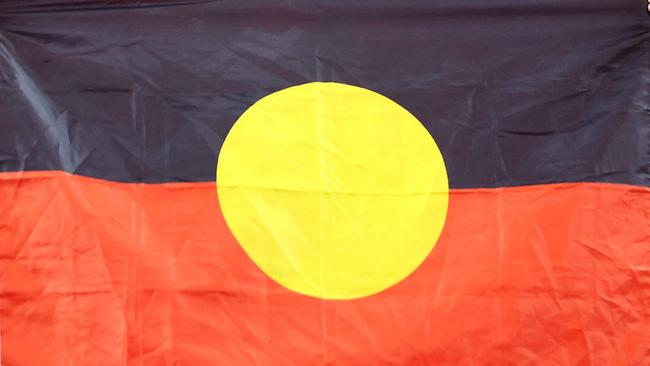
Commemorations for the bicentenary of Western Australia’s first colony are in crisis because of bad blood between senior Menang Noongar people of the state’s south coast and the City of Albany in the federal electorate where 76 per cent of residents voted No in the voice referendum last October.
The city and its publisher, UWAP, have shelved a book to commemorate the 200th anniversary of Edmund Lockyer’s arrival in Albany after the only commissioned Indigenous contributor, senior Menang Noongar man Harley Coyne, withdrew from the project. Other commissioned authors followed.
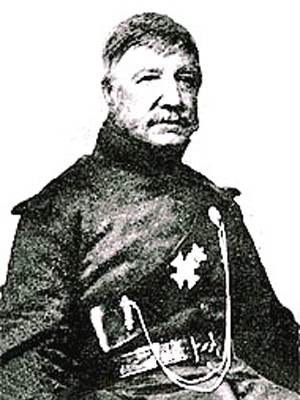
The book was going to be the centrepiece of the bicentenary with around 14 commissioned authors paid an advance for a chapter in their field of expertise. However, in an email obtained by The Australian, the City of Albany’s arts and culture manager, Paul Nielsen, told the authors the project was being paused.
“The ‘pause’ is effectively in place from now … Given the current situation that we have discussed here, along with numerous recent conversations between the city and a range of elders, coupled with the current stage of overall bicentenary planning, this has been deemed the only prudent course of action at this time,” Mr Nielsen wrote in his email to the authors.
“Now is not the time to try and press on with establishing an appropriate cultural oversight approach for the book; we need to give our Noongar community time.”
The Australian has been told there were points of tension between key Noongar leaders and the city throughout 2023, in part because they felt the city only consulted them when required for grant applications.
As well, the voice debate was especially fraught in WA where No proponents skilfully linked the proposal for an advisory body with existing state legislation to protect Aboriginal cultural heritage. The cultural heritage laws were more permissive than the ones they replaced because they introduced broad exemptions for homeowners, industry and farmers but the rollout was a shambles and this played into the hands of opponents. The backlash to the laws was so ferocious that some Aboriginal groups were relieved when the laws were scrapped just weeks after they came into effect.
Senior Menang Noongar man Ken Kelly watched as bipartisan support for the cultural heritage laws disintegrated into a brawl over the voice. Some of the things people said at public meetings really stung. Some Menang Noongars began to question how they were perceived by people they had known their whole lives, what civic leaders thought of them, and even whether their local council respected them. “How a lot of people really feel about us as Aboriginal people came out as a negative in the lead-up to the voice referendum,” Mr Kelly said.
The City of Albany’s preparations for a bicentenary book ran into trouble about this time. Local elders Lester Coyne and his sister Vernice Gillies opted not to perform Welcome to Country for the council anymore.
Albany was settled in 1826, three years before Perth, and it is sometimes described as a “friendly frontier” because Noongar people were already accustomed to visitors, including French whalers. The famous collaboration between Albany’s first government resident Alexander Collie and Menang leader Mokare has supported this perception.
An archive of Australia’s frontier massacres published by the University of Newcastle claims that tensions between pastoralists and Aboriginal people emerged relatively fast and that the Ravensthorpe massacre happened east of Albany in 1880 when pastoralists were given licence to shoot natives for one month following the murder of a white farmer.
Noongar author Kim Scott, a Miles Franklin winner, portrayed the complex relationship between Aboriginal and non-Aboriginal people in the region in his novel That Deadman Dance.
“Much is made of Albany’s so-called ‘Friendly Frontier’. But I think ‘betrayal’ is a more accurate label for our history on the south coast,” he told The Australian.
“Betrayal of First People’s deep humanity and cross-cultural sophistication, and the squandering of hope and promise in the face of greed and fear.”
Albany’s new mayor Greg Stocks, who was elected in October, said the City of Albany was committed to walking with the Menang Noongar community.


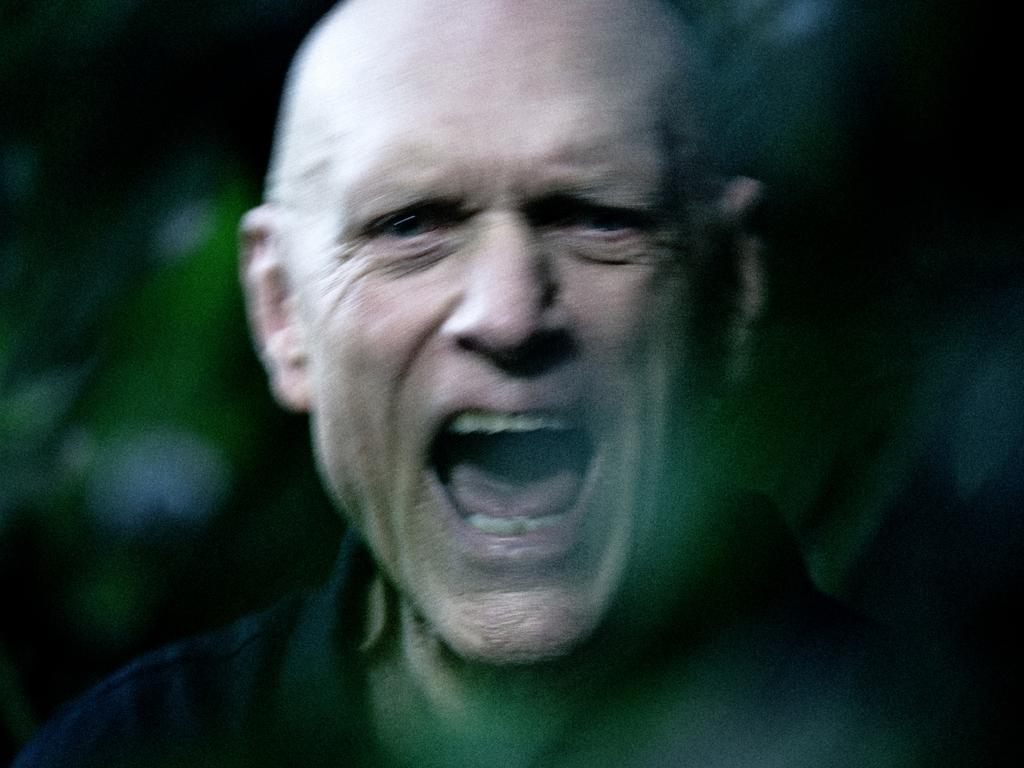
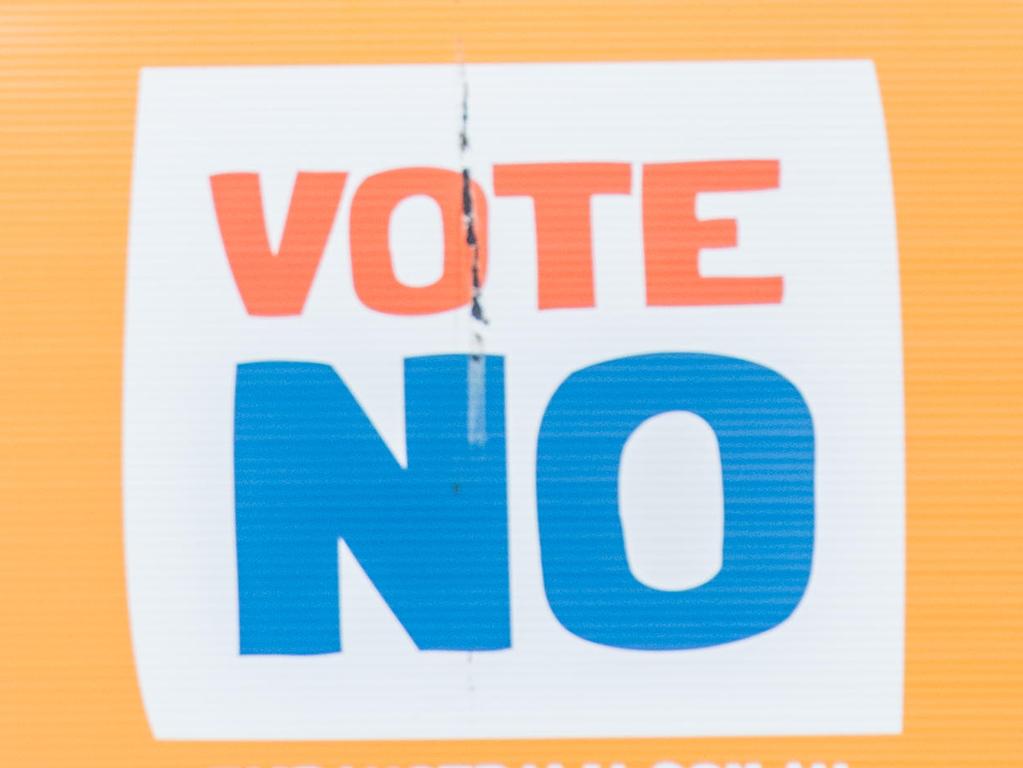
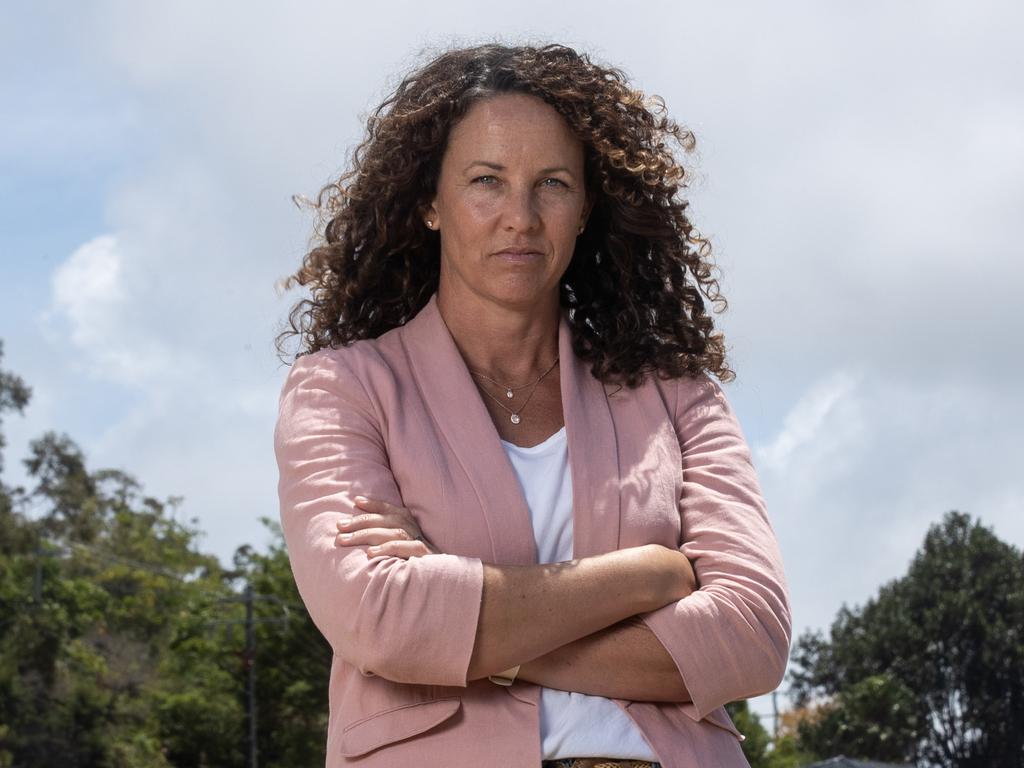
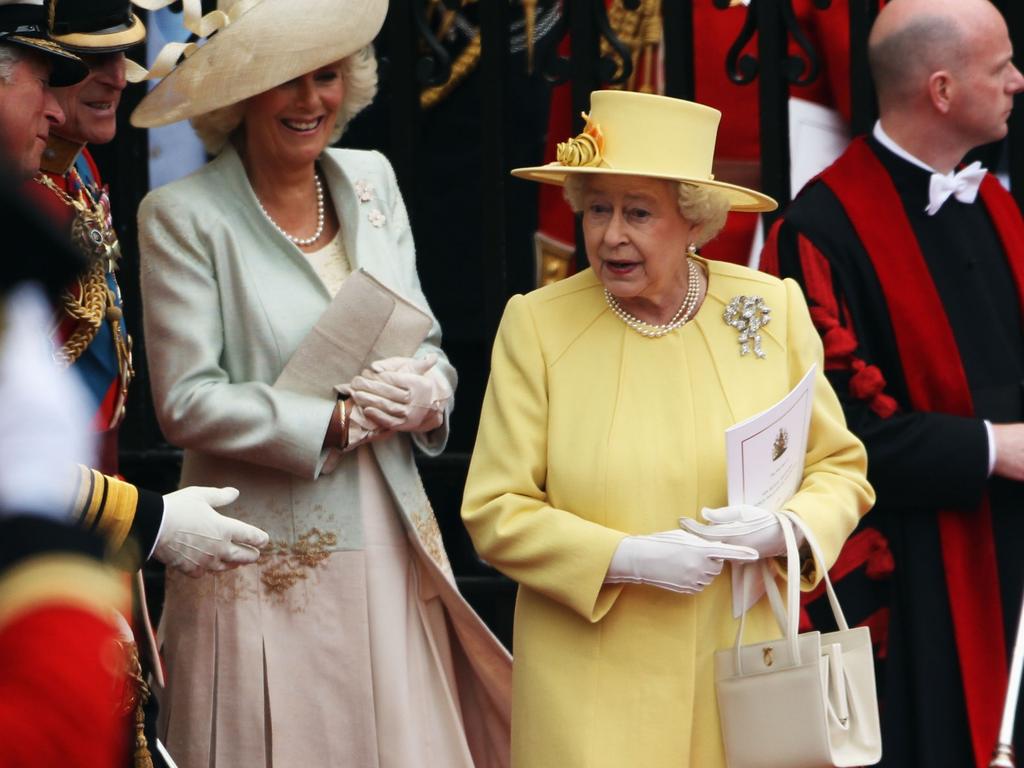


To join the conversation, please log in. Don't have an account? Register
Join the conversation, you are commenting as Logout